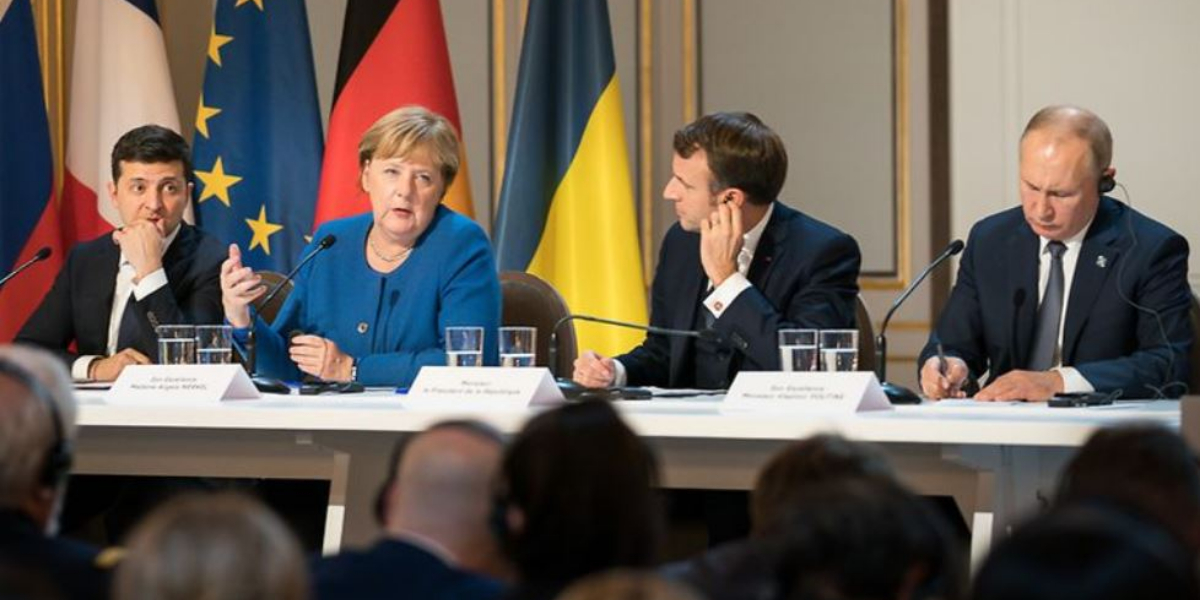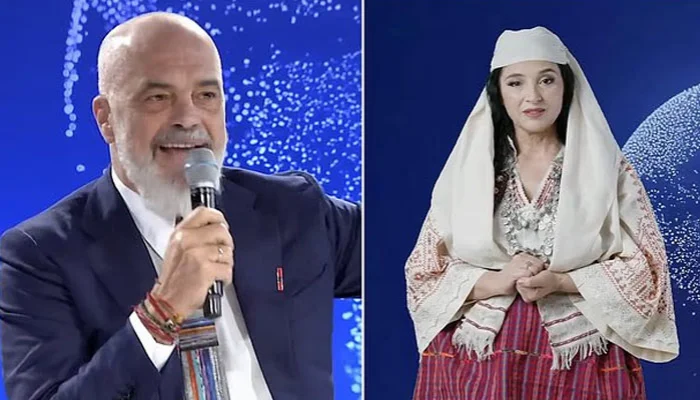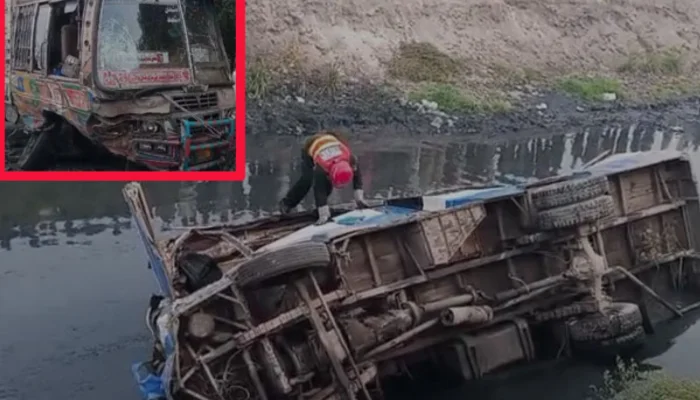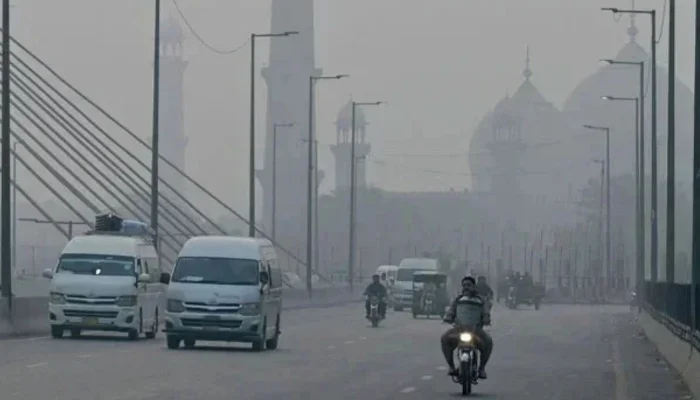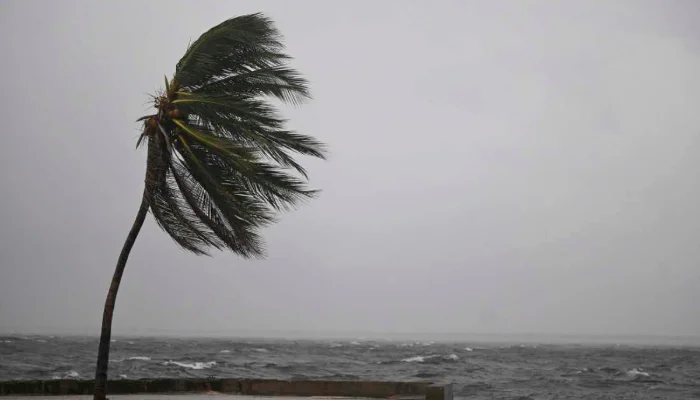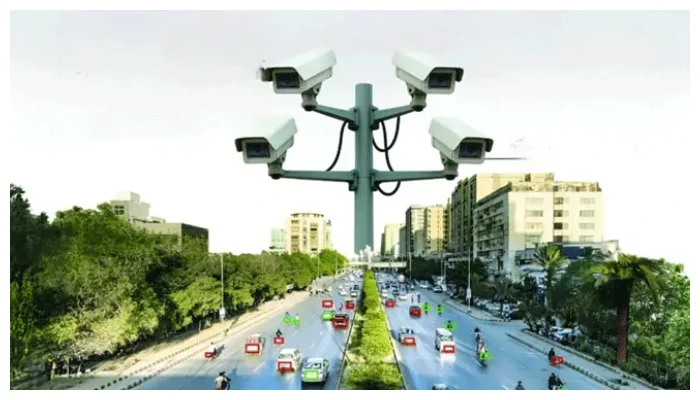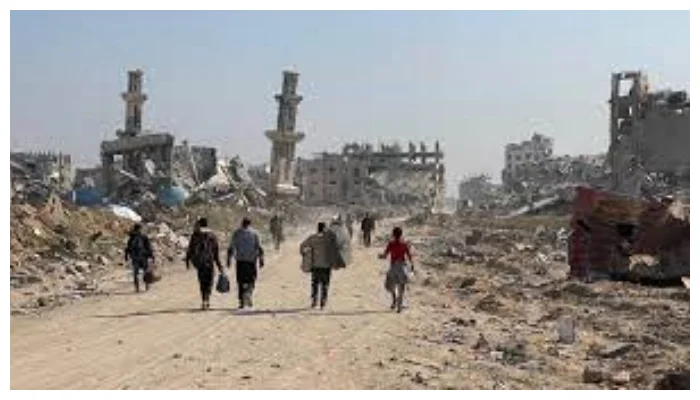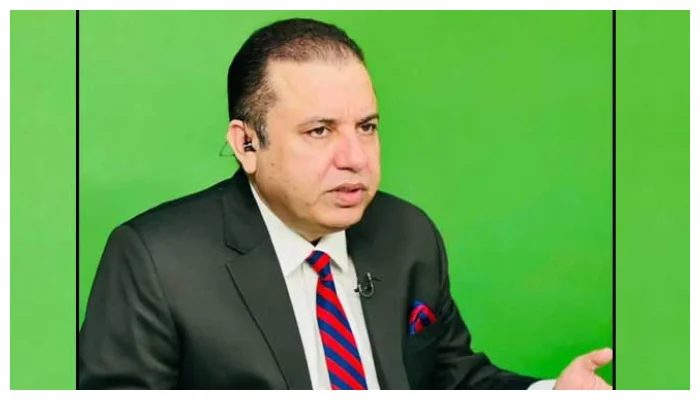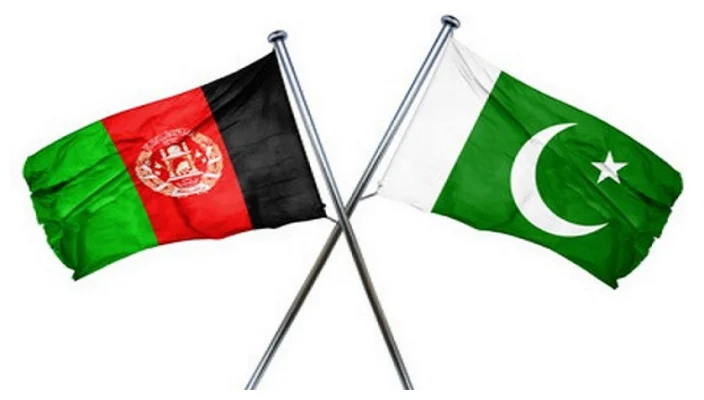In Germany, making amends for historical wrongs is a national pastime. The soul-searching over Berlin’s Russia policy is unusual even by German standards.
Many German politicians have publicly stated that they misread Vladimir Putin since Russia invaded Ukraine on February 24. Even German President Frank-Walter Steinmeier has expressed regret, stating that using commerce and energy to build bridges with Moscow was a mistake.
“It’s a terrible admission that we emphasised communication and cooperation with Russia for 30 years,” says Nils Schmid, a foreign affairs spokeswoman for Mr Steinmeier’s Social Democrats (SPD). “We must now admit that this strategy has failed. As a result, Europe’s security has entered a new age.”
In a now-famous address in the German parliament a few days after the invasion, Germany’s SPD Chancellor Olaf Scholz termed the new era “Zeitenwende,” literally “turning moment.”
It entails the abolition of export restrictions on weapons, a massive increase in defence spending, and the cessation of Russian energy imports. Nord Stream 2, a Russian gas pipeline to Germany, has already been halted.
“Cooperation with Russia is unlikely to happen in the near future. Containment, deterrence, and, if necessary, defence against Russia will be the focus “Mr. Schmid informs me.
[embedpost slug=”luhansk-area-russian-forces-begin-offensive-with-street-fighting-reported-in-kreminna/”]

